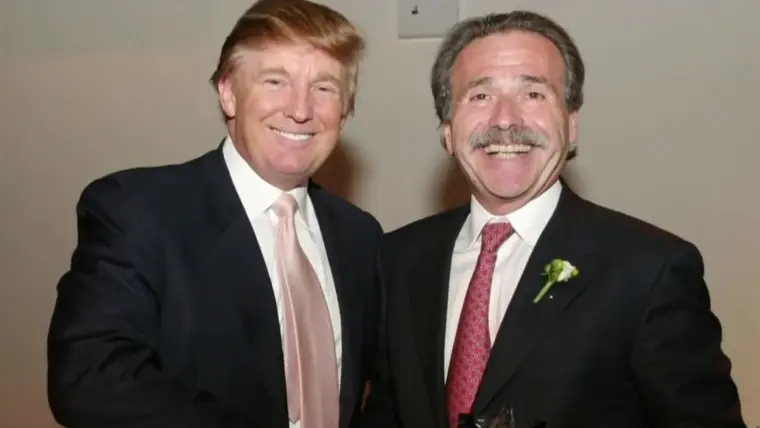Ex-publisher testifies on plot to protect Trump from harmful tales
- January 6th News

- Apr 25, 2024
- 2 min read
Updated: Apr 26, 2024
Donald Trump is back in a New York City courtroom as his hush money trial resumes. Simultaneously, the Supreme Court is hearing arguments concerning presidential immunity. Trump has continually asserted that a president "has to have immunity".
David Pecker, the former publisher of the National Enquirer, testified at Trump's hush money trial. He discussed the extensive measures taken to protect Trump from potentially harmful stories using a catch-and-kill scheme prosecutors say interfered with the 2016 presidential campaign. At the same time, the Supreme Court heard arguments in a separate criminal case involving Trump.

Trump's request to attend the Supreme Court's special session was denied by Judge Juan M. Merchan, overseeing Trump's trial on 34 felony counts of falsifying business records associated with hush money payments. Aside from the hush money case, a New York judge rejected Trump's request for a new trial in a defamation case that found him liable for $83.3 million in damages.
Pecker, the longtime head of the tabloid, testified about spending hundreds of thousands of dollars to buy potentially damaging stories for Trump. His testimony was a crucial element for the prosecution's claim that the partnership was a way to illegally influence the election.
Pecker also testified about exhausting his funds after the magazine was $180,000 in debt due to Trump-related transactions. The publication purchased allegations of an extramarital affair with a former Playboy model to prevent the claims from spreading. The breaking point was Stormy Daniels, who was eventually paid by Cohen to remain silent over her claim of a 2006 sexual encounter with Trump. Pecker suggested that Cohen buy Daniels' story to prevent it from going public.
On another note, prosecutors argued that Trump violated a gag order, with Merchan considering whether to hold Trump in contempt and fine him for multiple violations. Trump was dismissive about the looming decision, replying, "Oh, I have no idea," when asked if he would pay the $1,000 fine for each of the 10 posts.
A conviction in the hush money investigation wouldn't prevent Trump from becoming president again. However, because it is a state case, he wouldn't be able to pardon himself if found guilty. Meanwhile, in Washington, the Supreme Court is expeditiously taking up the Trump case, raising questions about whether there will be time for a trial before the November election if the justices agree that Trump can be prosecuted.





